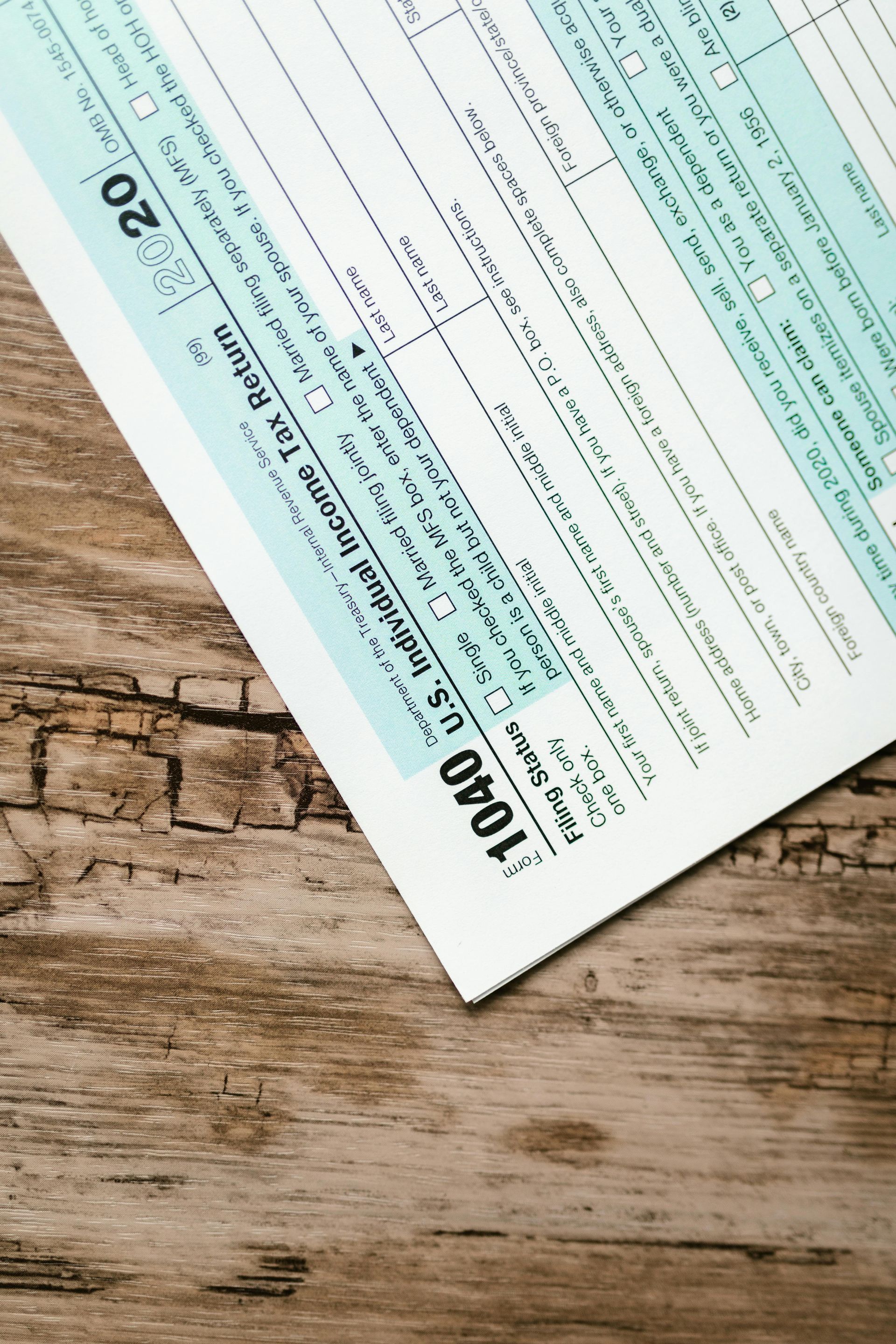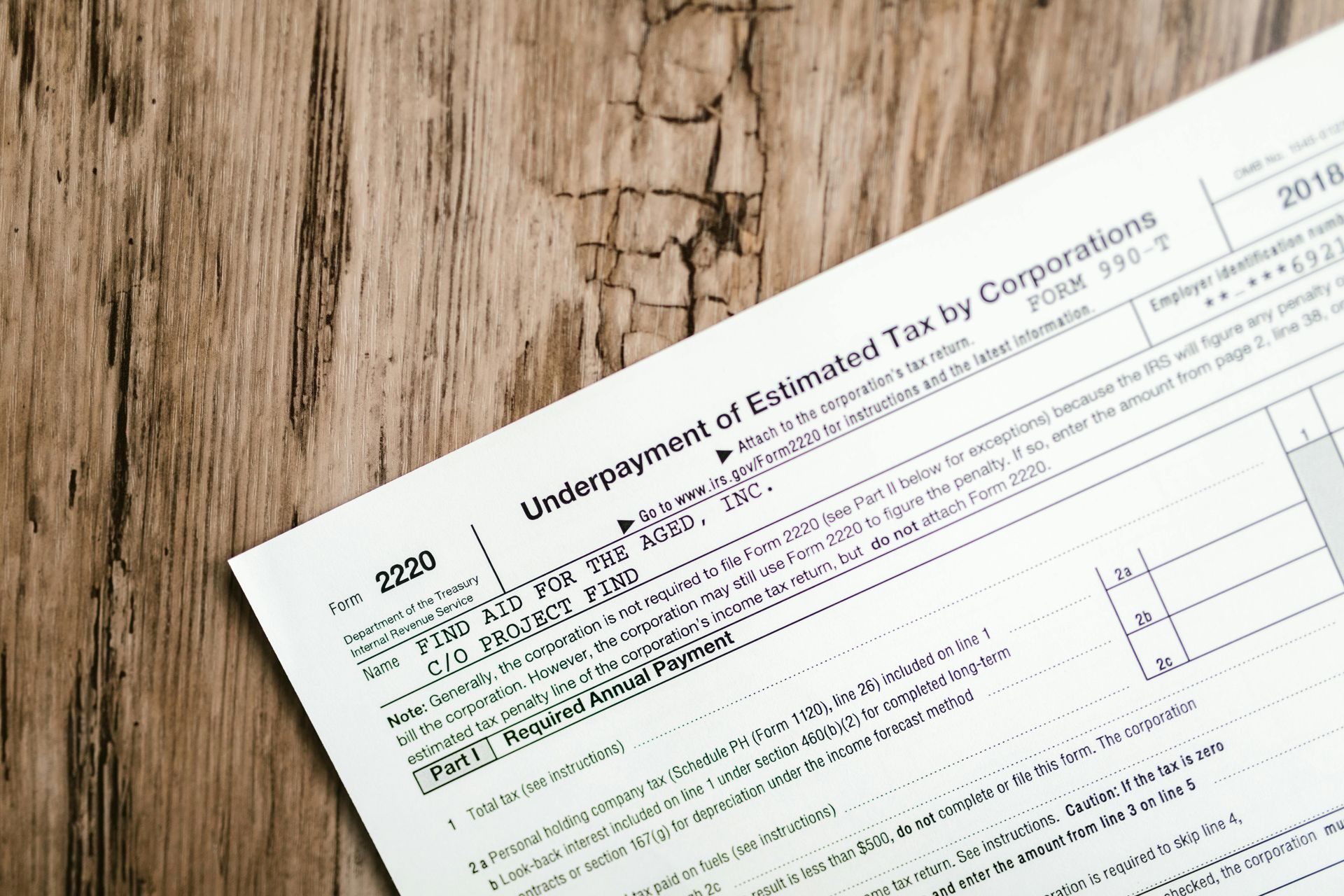Blog

Common Explanation A consultant underestimated quarterly payments and avoided IRS correspondence while focusing on business development. Eventually, levies were issued directly to clients, disrupting payments and raising uncomfortable questions. My Findings The professional reputation carefully built over years was strained. Instead of focusing on growth, time and energy were diverted to damage control. Resolution Early engagement could have preserved both income stability and client confidence.

Common Explanation A growing business redirected payroll tax funds to cover operating expenses during a slow quarter, intending to catch up later. Months passed without corrective action. The result was a federal tax lien, followed by levies that impaired the company’s ability to meet payroll and vendor obligations. My Findings Financing options disappeared overnight. Outcome Ultimately, the business downsized significantly—not due to lack of demand, but because unresolved tax debt undermined credibility and cash flow.

Self-Employed Professional When Flexibility led to Garnishment Common Explanation “Being self-employed meant no withholding, and I underestimated quarterly payments. I avoided opening letters, hoping a strong year would fix everything. Instead, I faced wage garnishment on client payments and lost control over my income stream. My Findings Clients were confused, and my professional reputation took a hit. Outcome The stress affected my ability to grow the business, all because I didn’t address the debt when options were still available.”

Common Explanation “My original balance wasn’t overwhelming, so I ignored it. Over time, penalties and interest nearly doubled what I owed. When my passport renewal was denied due to the unpaid balance, it finally hit me how far things had escalated. My Findings The consequences extended well beyond money—travel plans, personal stress, and constant uncertainty became part of daily life. Outcome "Early intervention would have limited the damage.”

Common Explanation “I owned several rental properties and believed appreciation would bail me out. But ignoring back taxes meant liens attached to my properties. When I tried to refinance to pull equity, every lender said no. Deals fell through because the title couldn’t be cleared. My Findings The irony was painful—I had assets, but no access to them. Outcome Waiting turned a manageable tax issue into a long-term investment roadblock.”

A Common Explanation “As a business owner, cash flow was always tight, so I chose vendors and payroll over payroll tax deposits. I told myself I’d catch up. Instead, a federal tax lien was filed, and suddenly lenders wouldn’t renew our line of credit. Vendors tightened terms. My Findings When levies followed, I was forced to shut down one location just to stay afloat. Resolutions The tax debt didn’t just create a liability—it crippled day-to-day operations.”

Owing back taxes can feel overwhelming, but the worst move is doing nothing. Penalties and interest continue to grow, and enforcement actions become more likely over time. The good news? There is a clear, practical way to take control—starting today. Below are five immediate steps any taxpayer should take if they owe back taxes, 1. Open and Read Every IRS Notice (Even the Scary Ones) Ignoring mail from the Internal Revenue Service does not make the problem go away—it accelerates it. Each notice tells you where your case stands and how much time you have to act. Example rotations W‑2 employee: You missed reporting freelance income and receive a CP2000 notice proposing additional tax. Self‑employed individual: You get a balance-due notice after filing late. Small business owner: Payroll tax notices arrive for multiple quarters. High‑income taxpayer: An underpayment notice follows large investment gains. Action To Be Taken: Open the notice, note the deadlines, and keep all letters together in one folder. 2. File Any Missing Tax Returns (Even If You Can’t Pay) The IRS will not negotiate payment options unless required returns are filed. Filing stops “failure-to-file” penalties, which are often worse than failure-to-pay penalties. Example rotations W‑2 employee: One unfiled year due to a job change. Self‑employed: Two years missing because bookkeeping fell behind. Small business owner: Business returns filed, but personal returns missing. High‑income taxpayer: Extensions filed but returns never finalized. Action To Be Taken: File accurate returns ASAP—even if payment isn’t possible right now. 3. Find Out Exactly How Much You Owe (Total, Not Guesswork) Back taxes include: Original tax Penalties Daily compounding interest Many taxpayers underestimate the total balance—and that leads to bad decisions. Example rotations W‑2 employee: Surprise penalties double a small original balance. Self‑employed: Estimated tax penalties add up quickly. Small business owner: Trust fund payroll penalties create personal liability. High‑income taxpayer: Interest grows rapidly on large balances. Action To Be Taken: Request an official account transcript or balance summary. 4. Choose the Right Resolution Strategy (Not a One‑Size‑Fits‑All Plan) There are several legitimate ways to resolve back taxes, but the right option depends on income, assets, and compliance status. Common options include: Installment agreements Temporary hardship status Penalty abatement Offer in Compromise (in limited cases) Example rotations W‑2 employee: Monthly installment plan fits the budget. Self‑employed: Partial-pay agreement while income fluctuates. Small business owner: Structured plan to keep the business operating. High‑income taxpayer: Strategic payoff to minimize long-term interest. Action To Be Taken: Match the strategy to your financial reality—not marketing promises. 5. Get Professional Help Before Enforcement Starts Once liens, levies, or wage garnishments begin, options narrow. Early intervention protects income and assets. Example rotations W‑2 employee: Wage garnishment avoided with quick action. Self‑employed: Bank levy prevented before quarterly income hits. Small business owner: Payroll accounts protected from seizure. High‑income taxpayer: Asset exposure reduced through proactive planning. Action To Be Taken: Consult a qualified tax professional before deadlines pass. FINAL REMINDER Doing something today is always better than doing nothing. Back-tax problems grow quietly—but they can be controlled with timely, informed action.

Investors often focus on market returns while underestimating the long‑term impact of taxes on portfolio performance. Key Planning Themes: Capital gains management Holding periods, gain recognition timing, and loss harvesting directly affect net returns. Asset location strategy Placing growth assets and income‑producing investments in the right accounts can materially improve outcomes. Interest and fixed‑income taxation Bond income is typically taxed at ordinary rates, which can create unexpected tax drag for high earners. Cryptocurrency compliance Trading, staking, mining, and asset conversions are taxable events subject to reporting rules enforced by the Internal Revenue Service. Estimated tax coordination Investors with transaction‑driven income must plan ahead to avoid penalties and liquidity strain. Strategic insight: Investment success should always be measured on an after‑tax basis.


